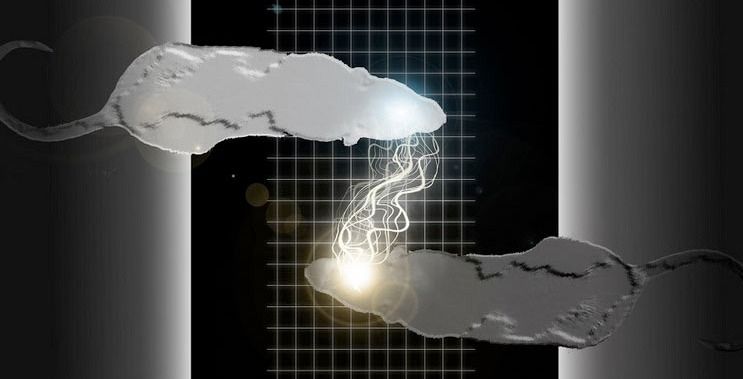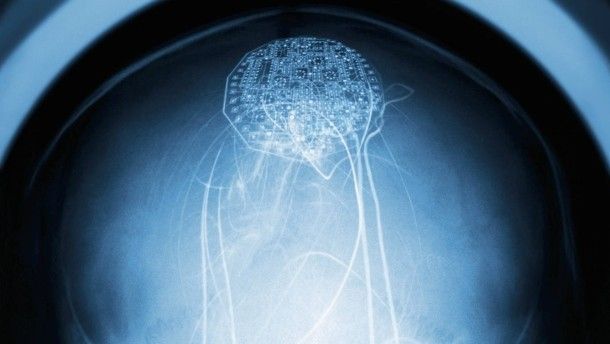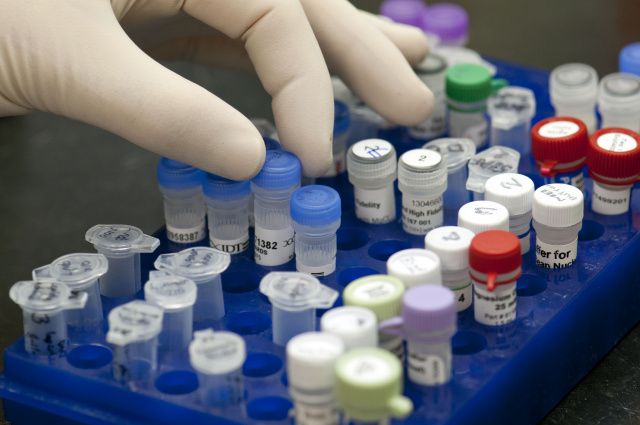Jul 13, 2015
Google and NASA’s Quantum Artificial Intelligence Lab
Posted by Shailesh Prasad in categories: computing, quantum physics, robotics/AI
A peek at the early days of the Quantum AI Lab: a partnership between NASA, Google, USRA, and a 512-qubit D-Wave Two quantum computer. Learn more at http://google.com/+QuantumAILab.

















